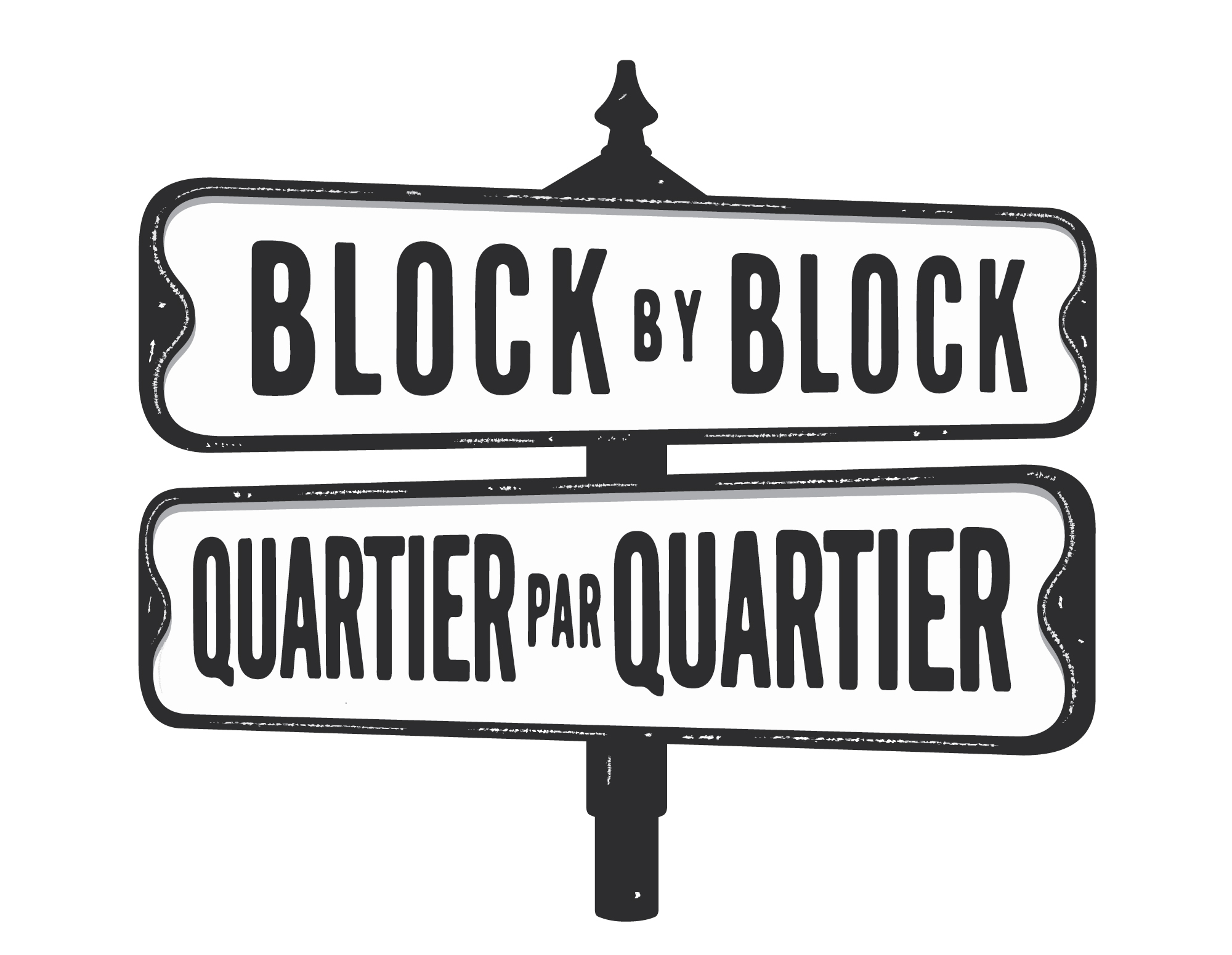Regent Park
Time is My Currency
NEIGHBOURHOOD:
TALKS ABOUT:
Mentorship, violence, community, displacement, and agency.

“I often wonder what happens when we lose the memory of what Regent Park used to be like? What happens when this is lost? Will there be no more pushback?”
Dwayne Sybbliss reflects on his life in three transitional phases. He remembers the summer as a time of joy where he only needed basketball shoes to have a good time. Organizational resource staff and community leaders would make sure that he and his friends could access basketball courts and spaces because they recognized them as important outlets for young people who were grappling with the challenges of crime, drugs and homelessness. All three, Dwayne says, were prevalent in the community. He recalls key figures in the community, older youth like Jermaine Auld, who looked out for the younger kids and made sure they stayed out of trouble. As he transitioned into high school, Dwayne remembers that there were fewer and fewer Black leaders. He recalls this as a difficult period, because he began to learn about the systemic issues that held his friends back and limited their ability to be leaders in their own communities. It wasn’t until university, when he made Last Ride Through Regent Park, a documentary film about the effects of gentrification on black bodies and black spaces in the community, that he truly came into his own. The film showed him that “cultural capital and social capital are different from place to place, you have to understand the culture and have that lens to understand what’s needed in a community. This is often lacking in processes of gentrification.” The film exposed many truths, including how cultural and social capital was undervalued in the redevelopment of the community. This realization underpinned Dwayne’s active investment in the community, to ensure that the memory of what Regent used to be like lives on in the new relationships being built here. Today, Dwayne supports youth and the broader community to reach their full potential, much like leaders of his past did for him.
Dwayne Sybbliss Reflects On His Life In Three Transitional Phases.





